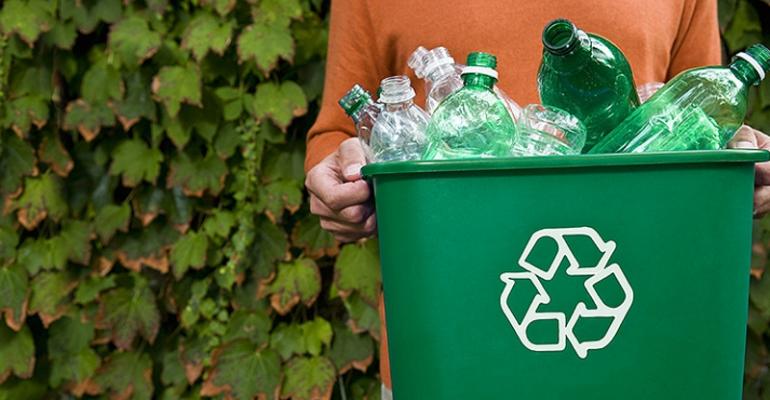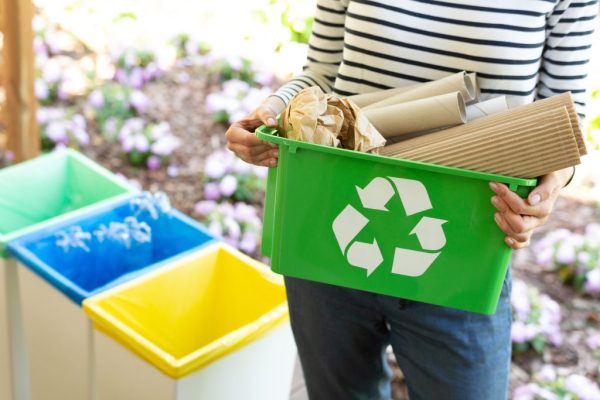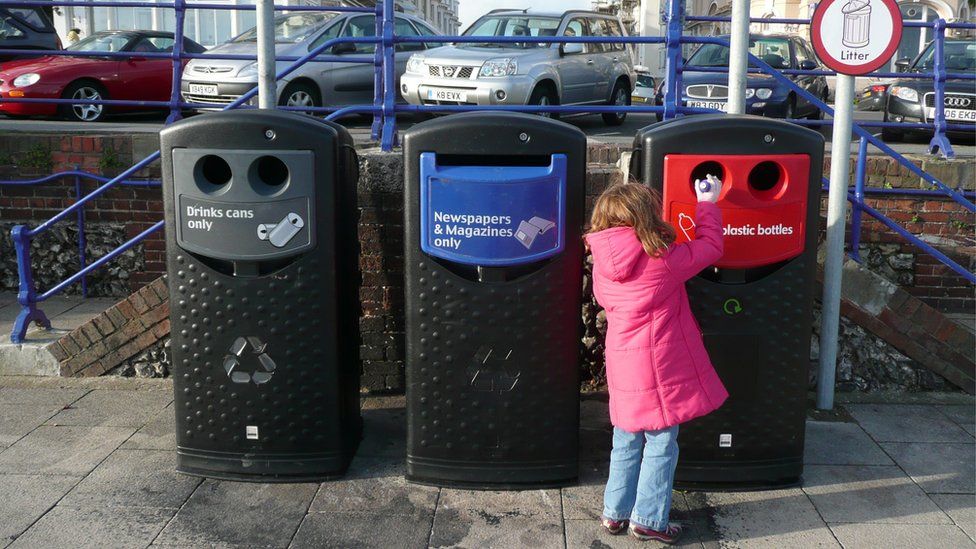Standardized Recycling in England: A New Era Begins
The British government has recently revealed its awaited strategies to revamp the recycling system. What’s their main goal? To introduce standardized recycling in England that’s both efficient and user-friendly.
By 2026 the majority of households, in England will have the convenience of a food waste collection. Moreover there will be a list of items to streamline recycling practices and bring consistency across all councils.

The primary goal behind these regulations is to simplify the recycling process and reduce the number of bins required.
There are dissenting voices that claim the government is merely making adjustments, to an already imperfect system. They believe that standardized recycling in England is a step in the right direction, but more needs to be done.
The Current State of Recycling in England
Currently England has a recycling rate of 44%, for household waste. This percentage has remained unchanged since 2010. In comparison Wales recycles 57% Northern Ireland recycles 48% and Scotland recycles 42%.
As per the guidelines all English councils with an exceptions must ensure that weekly food waste collection is available by March 2026. This is quite a change considering that currently only around half of the councils in England offer food waste collection.
This year there were speculations about reforms that would require households to separate types of recyclable dry materials. Prime Minister Rishi Sunak even hinted at the possibility of implementing a “seven bin” policy. However the final plans grant councils the authority to decide how they wish to collect recyclables.

Councillor Sarah Nelmes, who serves as the environment spokesperson for the District Councils Network commended this decision. Stated that allowing councils to determine waste material collection methods is a triumph.
To make the recycling process more efficient and organized the government has released a list of items that all councils must recycle. This list includes materials such, as aluminum foil and multiple types of packaging.
However there are environmentalists, such, as Nina Schrank from Greenpeace, who believe that the measures taken by the government are inadequate.
In her opinion “The government is simply making changes, to a system that’s fundamentally flawed. It is crucial that they take steps to decrease the amount of packaging we produce as a country.”
The move towards standardized recycling in England is commendable, it’s evident that there’s still a long road ahead. We can only see if these reforms will actually achieve the desired outcome.





